
Our Top 11 B2B2C Companies in 2025
Different business models in ecommerce
While there are different business models that exist today, traditional ecommerce usually falls under two business models: B2B and B2C. B2B ecommerce refers to the business-to-business model in which transactions occur between one business to another. In the B2C business model, transactions usually happen between the business to the end-user or end customer. Other business models which are also commonly found in ecommcerce include:
-
Direct-to-Consumer (D2C): The product reaches the consumer directly to the end consumer without any middleman.
-
Customer-to-Customer (C2C): A business model that fosters ecommerce between private individuals.
-
Business-to-Government (B2G): A business model where businesses sell to government bodies.
-
Consumer-to-Business (C2B): Consumers offer services to businesses such as freelancers or independent workers.
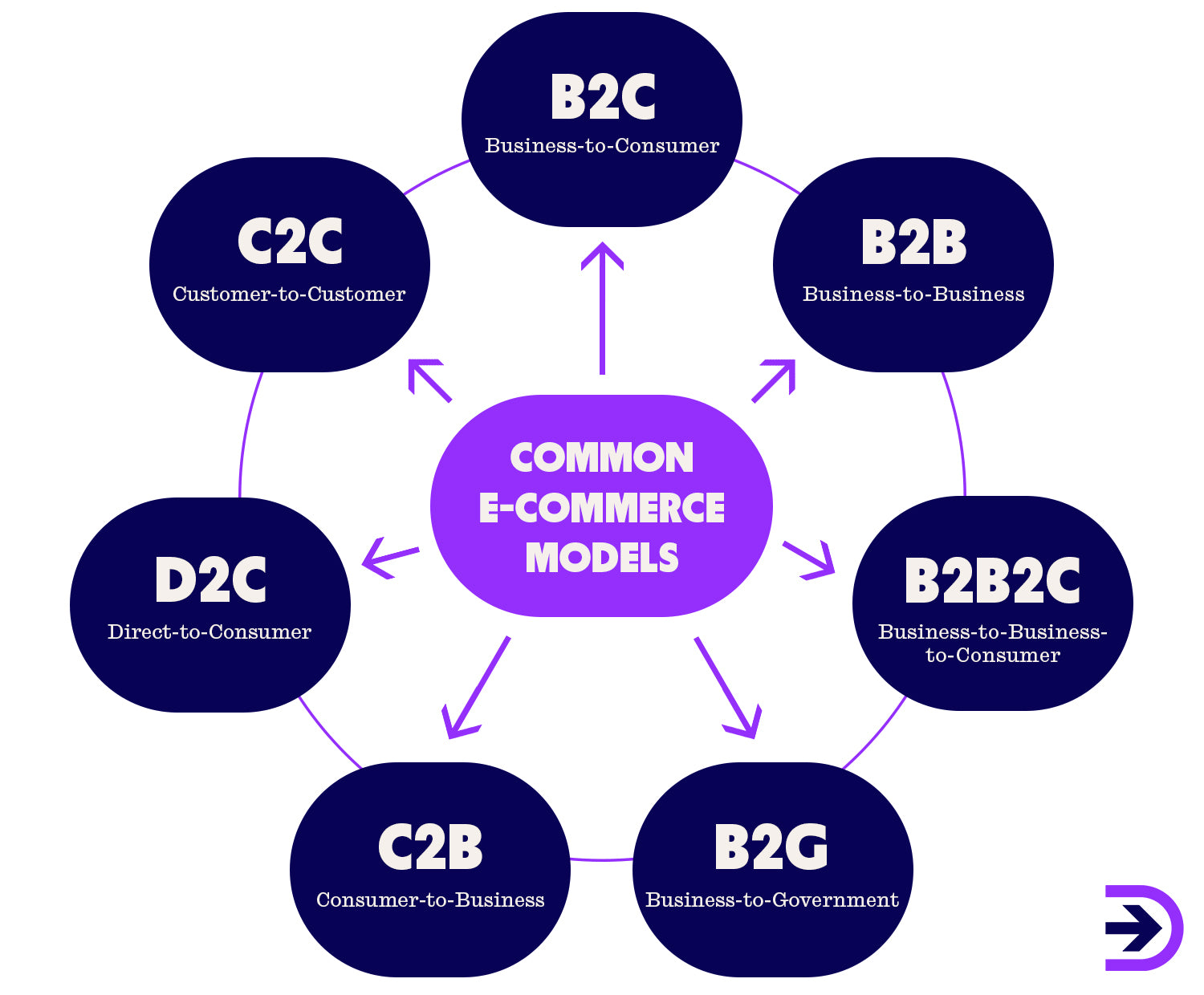
However, due to increasing online capabilities and increases in remote work, more businesses are converting to B2B2C business models. In this model, two companies form a partnership to provide value to the end user. There are many different ways B2B2C businesses can operate.
-
B2B2C ecommerce marketing: Sellers join a marketing program that helps promote their products to their customer base.
-
B2B2C financial services: A business facilitates transactions between sellers and buyers.
-
B2B2C ecommerce platforms: A business offers a unique platform for other companies to sell their goods and services to a consumer market. It can take the shape of a crowdfunding platform, online travel agency, online marketplace or food ordering application such as Uber Eats.
We’ve chosen our top 11 best B2B2C companies in 2025 to show you the power of collaborative business relationships and the potential you could achieve by transitioning to a B2B2C model.
Best B2B2C companies
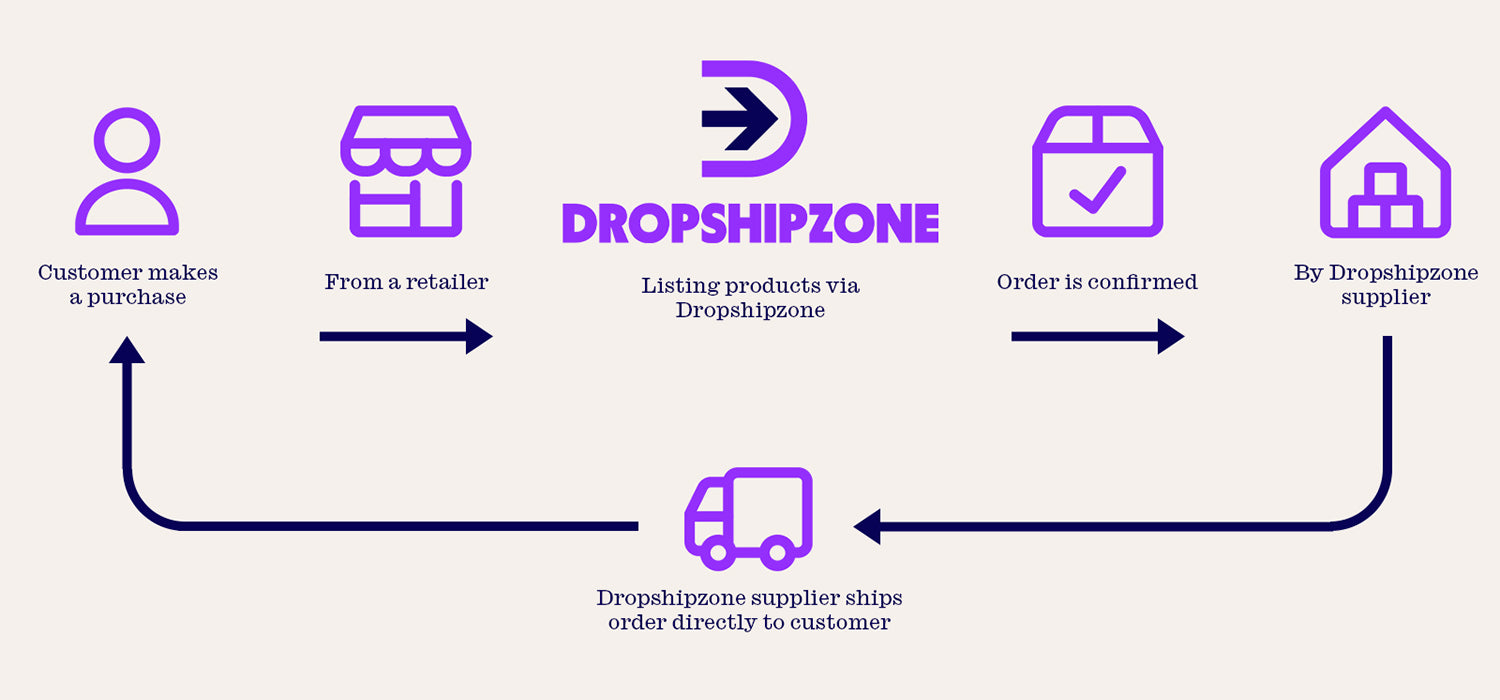
1. Dropshipzone
Founded in 2012, Dropshipzone has been making waves as Australia’s leading B2B2C ecommerce marketplace for dropshipping. Dropshipzone is the flagship brand of New Aim, a B2M (business to many) company that has delivered products to more than 50% of Australian households since 2005.
Dropshipzone was initially founded as a business-to-business product with the intention of selling New Aim products to dropshipping entrepreneurs. However, Co-founder Cecilia Chiu saw the potential for a much larger, more complete marketplace. In 2022, Dropshipzone pivoted to a full B2B2C ecommerce marketplace and underwent a massive rebranding effort to distinguish its own brand, separate from New Aim. They set out to become a key ecommerce contender, and since then, they have opened their doors and welcomed other Suppliers on the platform.
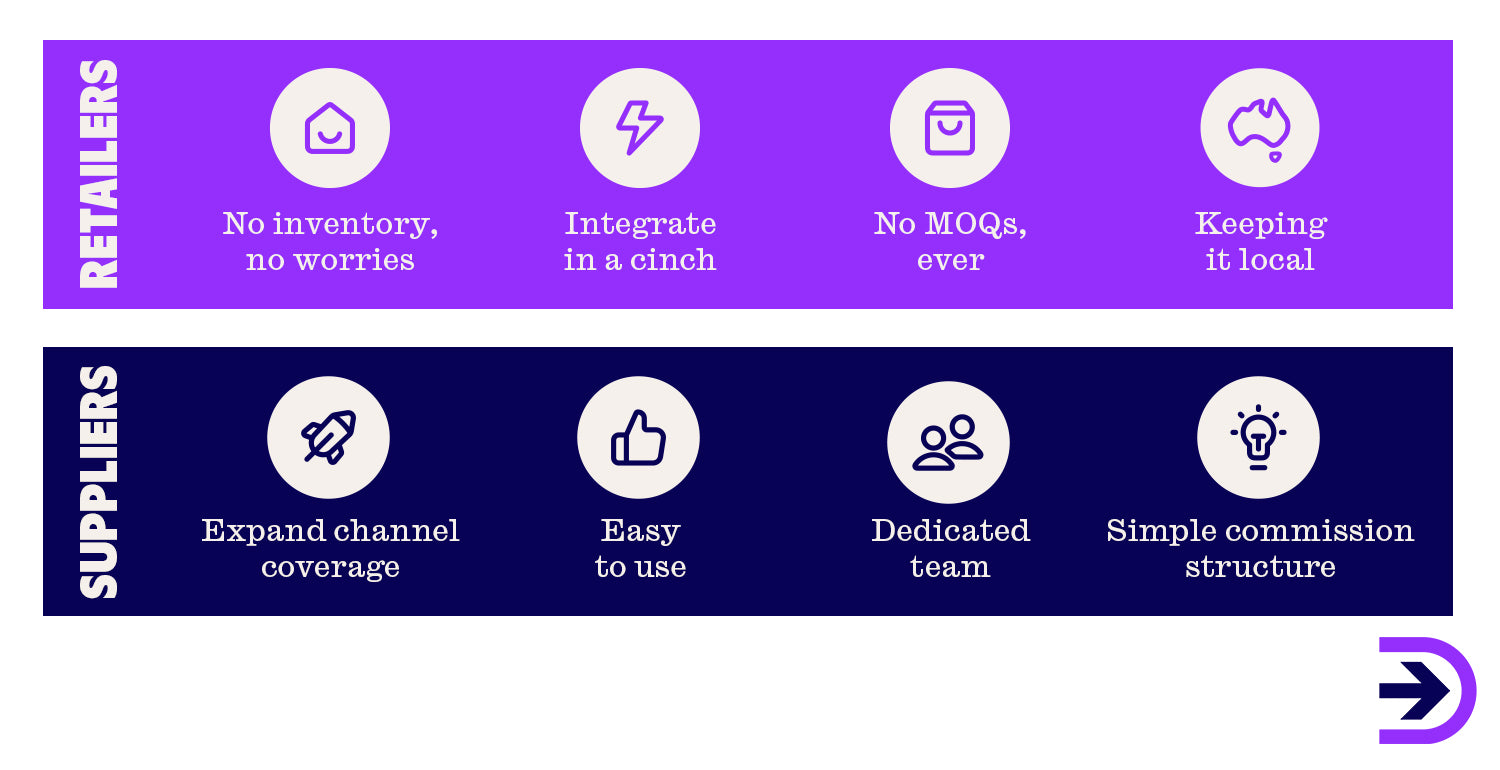
Dropshipzone has created an ecosystem that connects suppliers, retailers and customers and helps Australian dropshipping start-ups fulfil their dreams. The platform is free to join, with no hidden service transaction fees or subscriptions. Dropshipzone works on a commission model. Suppliers can sign up and sell products to hundreds of retailers across Australia, while retailers who sign up have instant access to thousands of vetted quality products from reliable suppliers. No minimum quantities on orders, competitive rates and regular promotions lead to lower overhead costs, making Dropshipzone's ecommerce model an accessible alternative to traditional retail. Their in-house app, Sofortig, integrates seamlessly with Shopify stores. Best of all, members get dedicated, customer-tailored, 24/7 customer support.
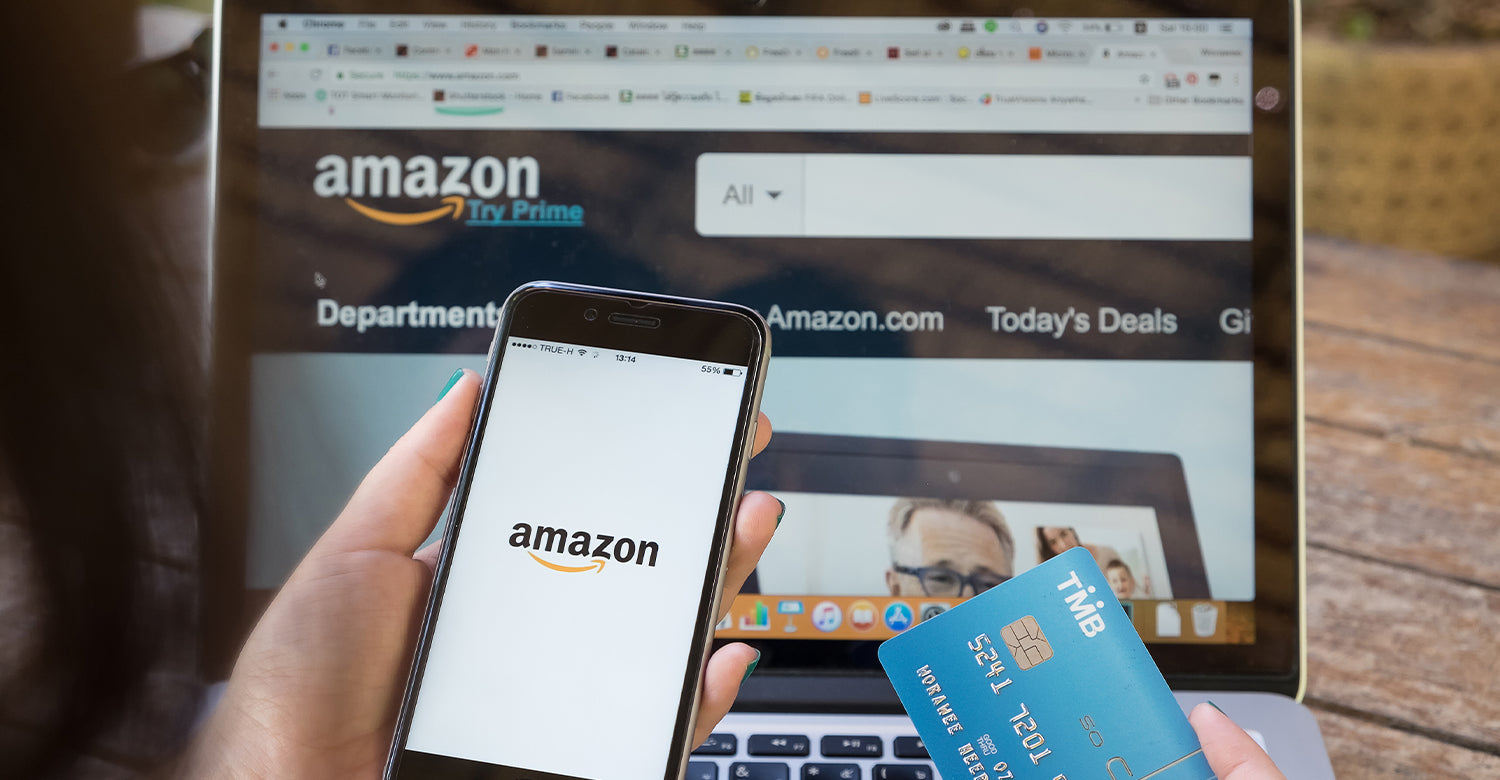
2. Amazon
Amazon is a multinational technology company and one of the world’s leading B2B2C ecommerce platforms. It was founded in 1994 as an online bookstore but quickly expanded into other categories as of 1999. Now, Amazon is world's one of the most popular online consumer marketplaces, with more than 89 per cent of US buyers stating that they would rather purchase products from Amazon than any other online retailer. The platform has a 50% share of the US ecommerce market in 2023 and over 90% market share in five product categories (batteries, home improvement, kitchen and dining, skin care and golf). Amazon offers a wide variety of programs, services and features that appeal to suppliers, retailers, affiliates and potential customers alike, including Fulfilment By Amazon (FBA), dropshipping, Kindle Direct Publishing (KDP), Amazon Business, Amazon Associates and their premium streaming plus delivery service, Amazon Prime. Amazon operates using a subscription model alongside featured ads, premium features and other selling fees. The business sells its own products, adding to the revenue stream. Despite the high price tag and restrictive policies, Amazon is incredibly flexible and suitable for many business types at any growth stage.

3. eBay
eBay is a multinational B2B2C ecommerce company originally created to facilitate C2C and B2C auctions. It was founded in 1995 by Pierre Omidyar as a hobby and was the first online auction site allowing C2C transactions, quickly becoming one of the most popular sites. Now, this ecommerce giant has expanded to include “Buy it Now” shopping, shopping by SKU, featured ads, and premium listing options. eBay works on a commission model, with sellers paying a final value fee for sold items. Sellers can pay to use the company’s listing upgrade features to reach more customers, and some fees may apply based on selling activity, dispute resolution, international sales, currency conversion and GST. Sellers can also pay for ads on a cost-per-click basis. In exchange, eBay offers an easy-to-use platform, brand recognition, and exposure for sellers at many stages of the supply chain. In addition, the premium subscription service eBay Plus gives buyers free shipping in metro areas, exclusive deals year-round, and free returns for peace of mind. In order to compete with Amazon FBA, they also recently introduced eBay Fulfilment through Orange Connex.

4. Uber
Uber Technologies is a B2B2C company that provides ride-sharing and delivery services via Uber, Uber Eats, Postmates and other freight transport. It was founded by Garrett Camp in 2009, inspired by the difficulties he encountered hailing a cab one snowy night in Paris and an expensive $800 private driver he and his friend Travis Kalanak had hired on New Year’s Eve. It launched publicly in 2011 with a fleet of luxury vehicles before offering UberX, a cheaper option that allowed drivers to use their personal cars. Since Australia’s first Uber ride in Sydney in 2012, over 700 million Uber rides and 450 million Uber Eats deliveries have been completed. Uber provides delivery services to connect ‘suppliers’ (restaurants, grocery stores and small businesses) with Uber drivers to deliver goods and services to consumers. Since Uber allows drivers to use personal vehicles with relatively simple background checks, the company has allowed over 750,000 entrepreneurs to drive business and generate income through their app. Customers enjoy lower rates, higher availability, and more flexibility than traditional taxi cabs. Uber earns money through commissions, namely a 20-25% cut from each fare for drivers. The platform also offers Uber for Business, which has a default billing option of pay-per-trip with monthly billing available for top spenders.
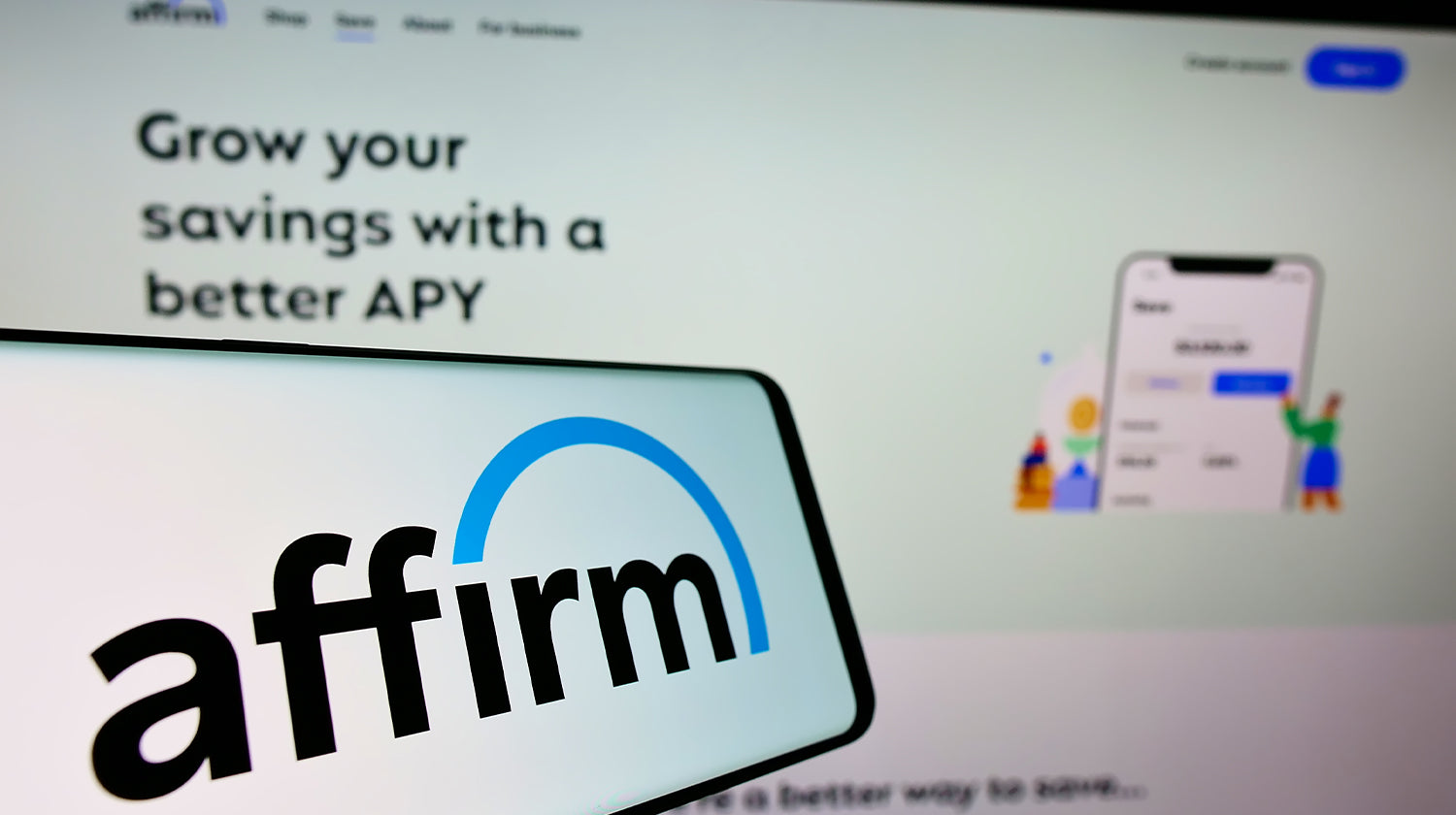
5. Affirm
Affirm is a B2B2C financial service provider that allows ecommerce platforms and businesses to offer Buy Now, Pay Later (BNPL) services. BNPL is a short-term financing method that allows buyers to purchase and pay for it in interest-free instalments. According to a report by C+R Research in 2021, 60% of survey respondents had used a BNPL service, while 38% expected BNPL services would replace credit cards in the future. Businesses benefit from Affirm’s services as it offers another option for consumers to use at checkout, resulting in increased sales and making their products more accessible to lower-income brackets. Businesses can also capitalise on Affirm’s high-lifetime-value network of over 12.7 million shoppers and reach new customers through their email list, influencer network or other content partnerships. Affirm appeals to consumers thanks to its simple interface, flexible payment schedules, and transparency regarding the total amount paid. Affirm also offers consumers the Affirm Card, similar to a debit card, that you can use as a pseudo-credit card. It provides interest-free or interest-bearing payment plans. Affirm earns commissions from their various business-to-consumer partners and through the interest shoppers pay on some items. They also offer paid social media ads and provide loan services on behalf of third-party investors.
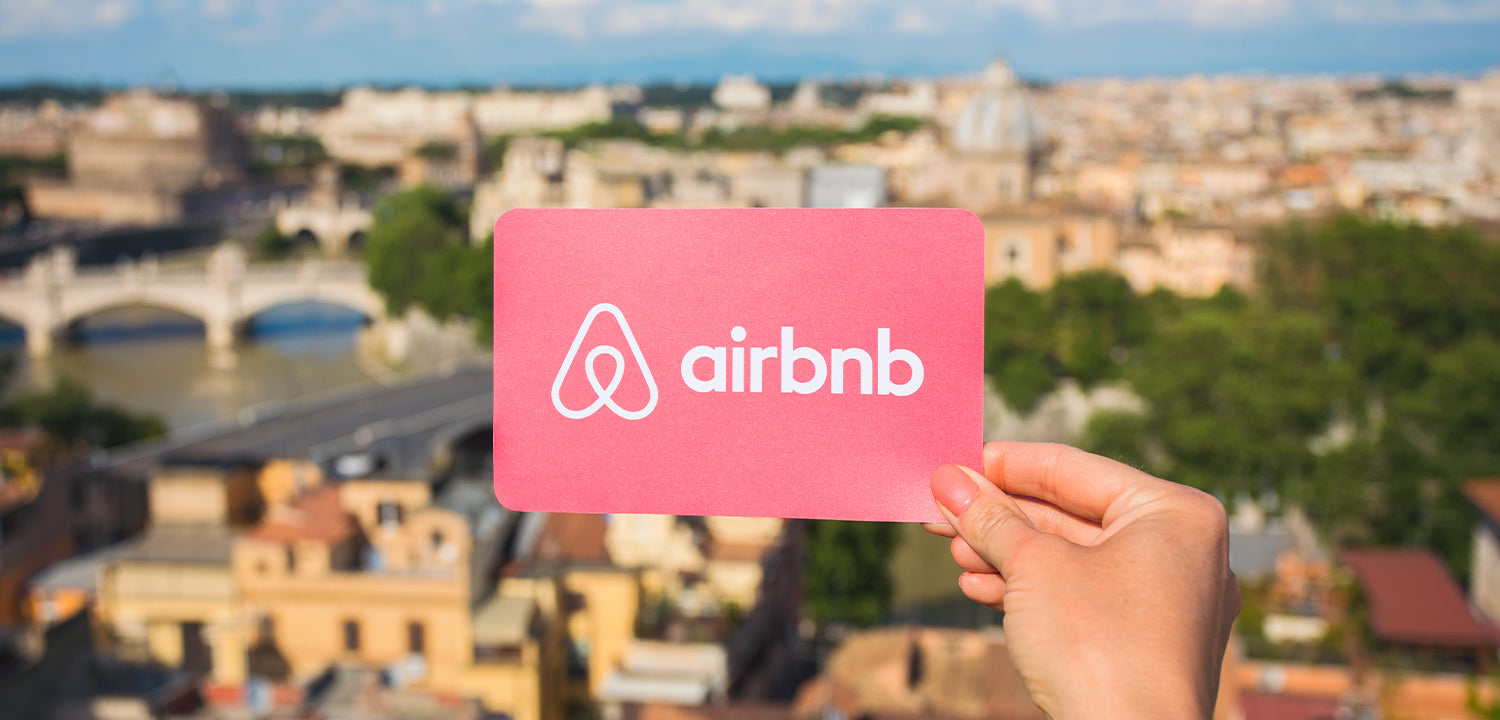
6. Airbnb
Airbnb is an online marketplace for short and long-term accommodation. The company is better known for its C2C operations, connecting individuals looking to temporarily rent their property and holiday goers needing temporary and affordable stay. Airbnb also connects individuals to businesses like bed and breakfasts, property managers, villas and resorts (though restrictions apply for hospitality businesses). Hosts can enjoy exposure for their business, additional income for their family, and peace of mind with Aircover protection. Businesses can sign up for Airbnb for Work and get access to experiences, collaborative spaces and boutique accommodations, as well as streamlined travel management solutions. Finally, the end consumer gets to save money and visit tourist attractions they might not otherwise have access to.
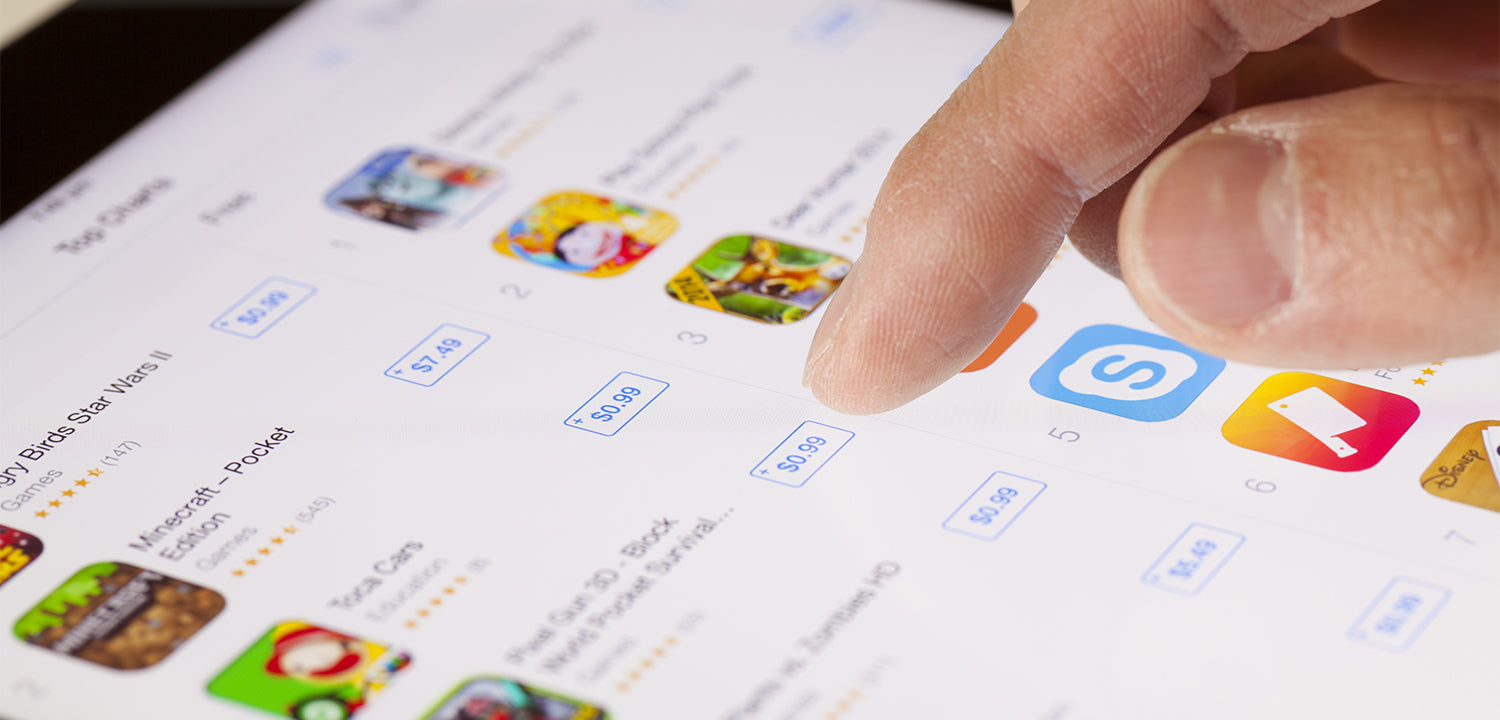
7. Apple App Store
The Apple App Store, like many app stores, is a distribution platform that provides digital software and mobile applications. The platform facilitates transactions between developers with software to sell and end users with a wide range of needs, from entertainment to health and wellness. Apps may also target businesses, such as Square POS. The brand name alone provides benefits to developers, as there are more than 1.5 billion active iPhone users worldwide. The App Store also highlights individual apps through Stories, App of the Day, Game of the Day, promotional highlights, and more. Consumers can trust the apps they buy because they have been vetted for quality and safety and enjoy the tools they need in comfort and convenience from their phones or other Apple devices. Not least, the App Store also syncs consumer data across Apple devices. While this creates a smooth customer experience, transitioning to another smart device becomes arduous. This is excellent news for developers and Apple because users are more likely to stay with the company for an extended period.
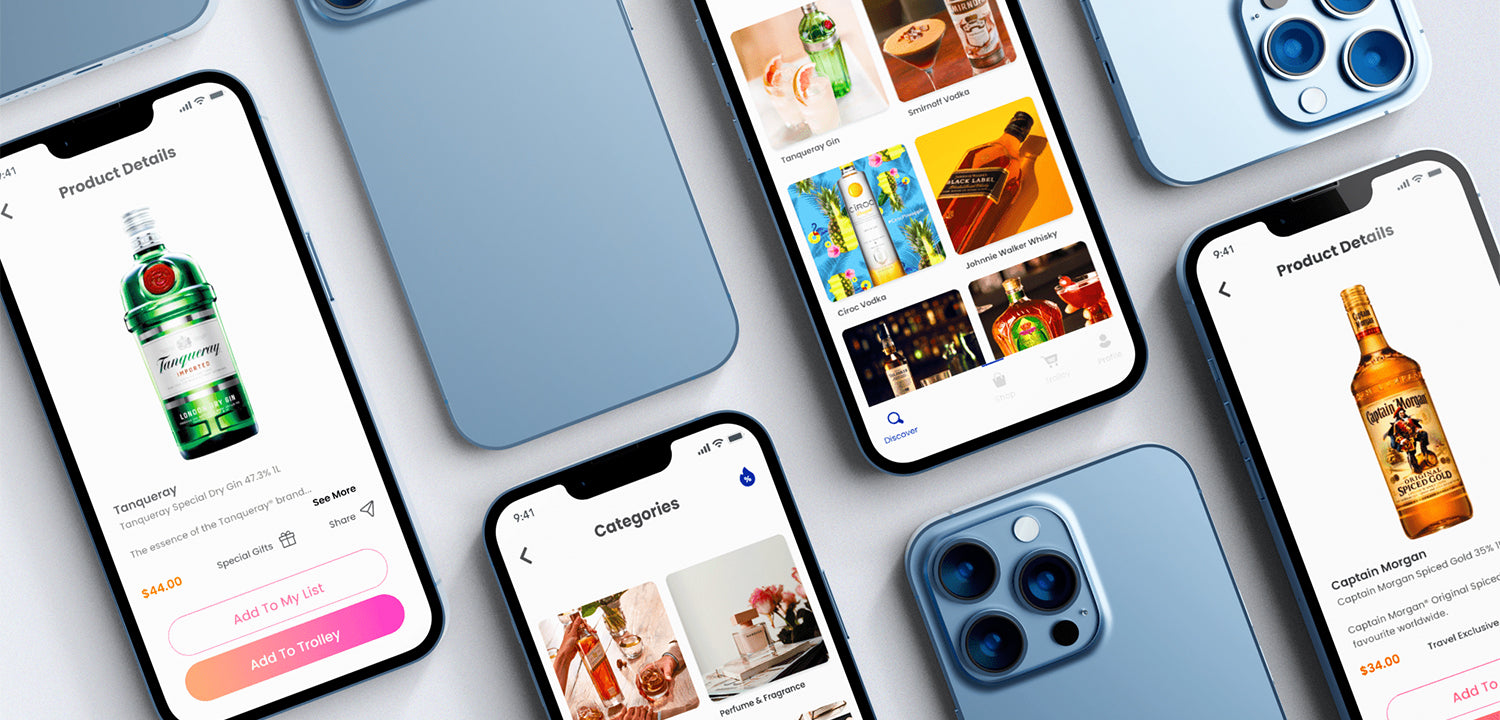
8. SkyBuys
SkyBuys is a B2B2C ecommerce store and online-to-offline (O2O) business that simplifies and maximises the Duty-Free shopping experience. The Sydney tech start-up was released in 2018 and has grown into an award-winning platform with partners around the world. The app allows users to shop duty-free before, during and after their flight and arrange pick-up whenever and wherever they travel. Customers can experience a convenient, seamless retail experience and purchase discounted items from stores and luxury brands anywhere in the world. Users can save their favourite products and get notified via mobile device when they are on sale. Retail partners enjoy many benefits, including data-driven retail technology that uses predictive shopping and online to offline mobile technology. They also get access to new sales and distribution channels and new audience types. They can get involved with SkyBuys marketing campaigns to help build brand loyalty. Best of all, SkyBuys is dedicated to helping reduce carbon emissions by eliminating the need for duty-free in-flight trolleys, saving over 100kg per flight and up to 2.6 million Euros annually in fuel costs. SkyBuys charges companies a license fee to use their platform before negotiating a commission structure. The app can be used in conjunction with Shopify and Magento stores.
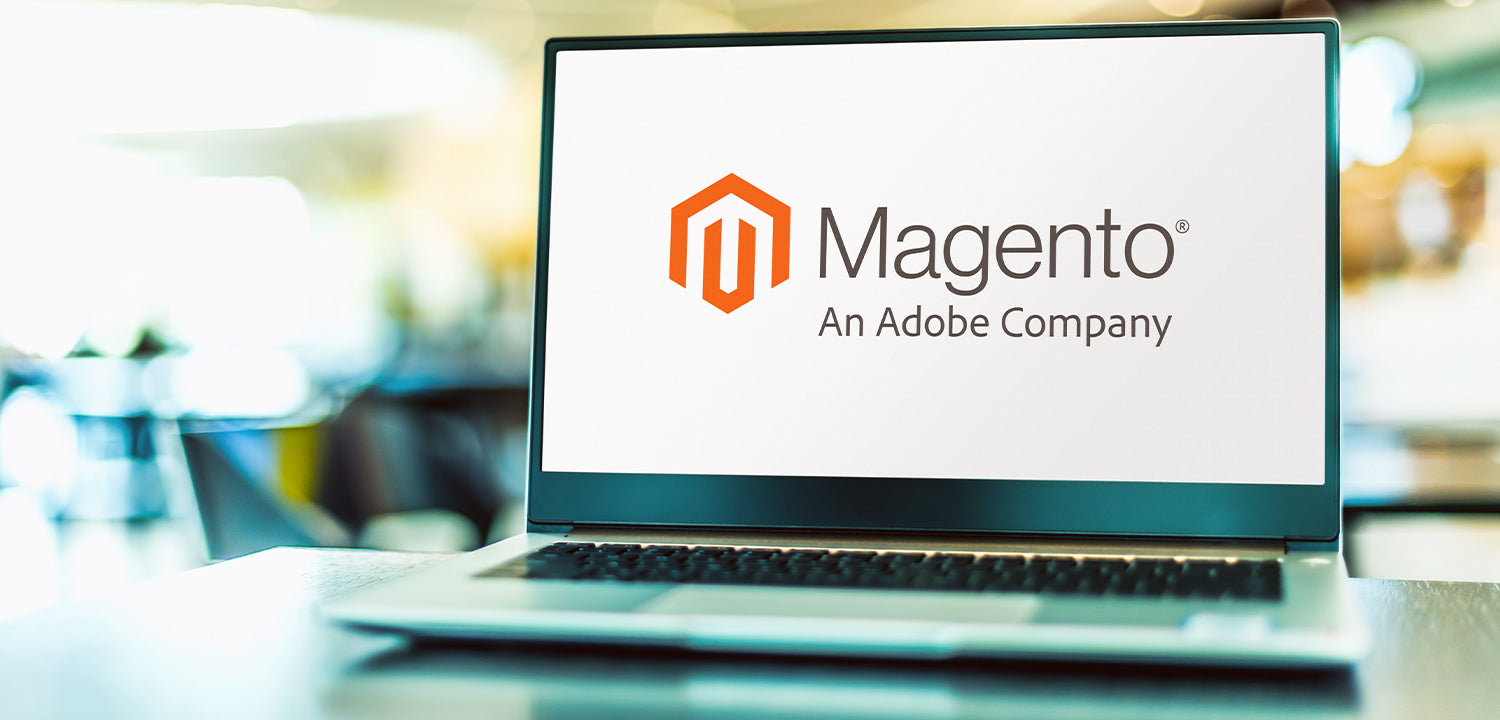
9. Magento 2
Magento 2 is a B2B2C ecommerce platform built on open-source technology, which gives merchants a high level of control over the look and feel of their online store. Magento also offers powerful marketing tools, search engine optimisation and catalogue management tools. Magento has advanced B2B functions for businesses, but they also allow for third-party extensions for maximum flexibility. They offer multiple payment options for consumers and directly automate and minimise the complexity of purchase and checkout processes. Web developers enjoy maximum control over their business, while end customers enjoy a hassle-free purchasing experience thanks to Magento’s features. While Magento 2 is free to download and install, additional expenses such as domains, hosting, themes, extensions and professional assistance can push the investment cost to $15000 or more.
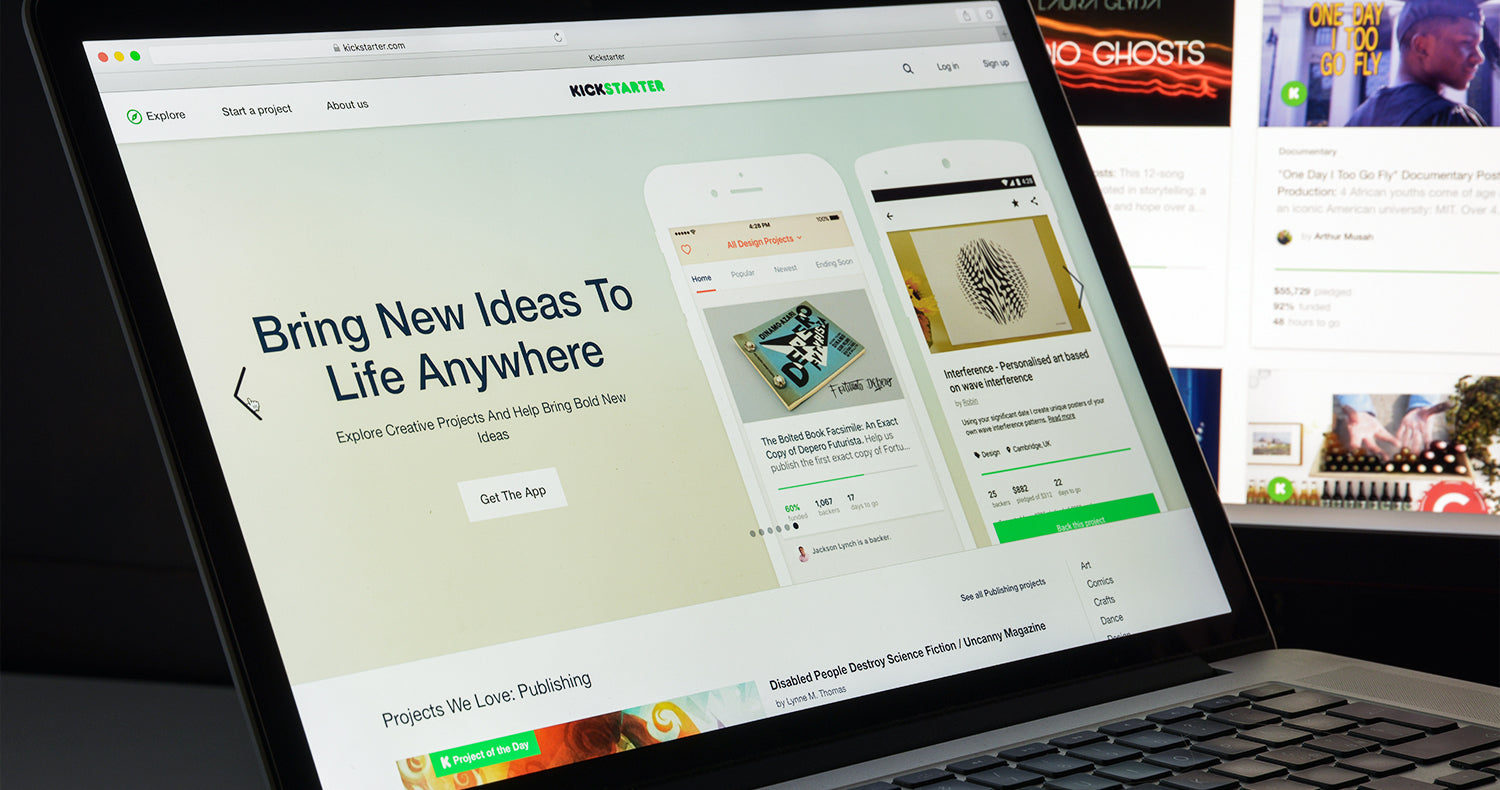
10. Kickstarter
Kickstarter is a Brooklyn-based public benefit corporation known for its crowdsourcing platform. It was founded in 2009 by Perry Chen, Yancey Strickler and Charles Adler, whose goal was to help creatives bring their projects to life. By November 2020, the platform had launched over 500,000 projects worth $5.4 million. Kickstarter's business model allows start-ups and other creative businesses to generate capital through crowdfunding. Project owners benefit from Kickstarter Creator Resources, exposure to new audiences through Discover or Featured Projects, a centralised hub for project updates, and a potential revenue boost from interested backers. Backers enjoy finding products, contributing directly to their favourite creators or causes, and exclusive access to certain rewards set by the creators, such as Kickstarter-exclusive merchandise, a level of creative control, or a personalised shout-out. However, it is up to the project creator to produce a complete product - there is no guarantee from Kickstarter that projects will be completed. Kickstarter works on an all-or-nothing model, which means a project will not receive funds unless they meet its funding goal, and the platform makes money by taking 5 per cent of the funds raised and transaction fees.
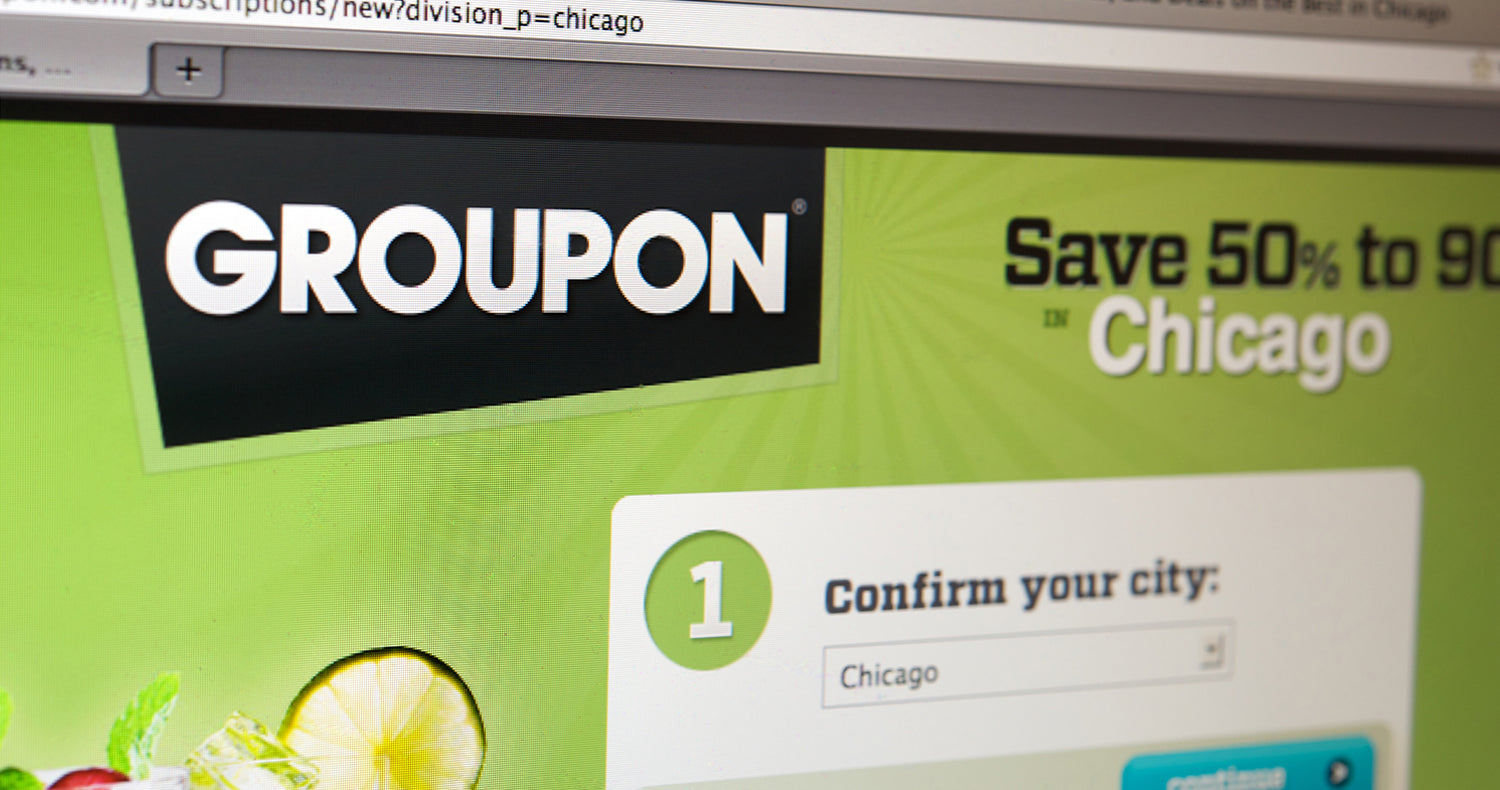
11. Groupon
Groupon is a website that allows you to make discounted purchases through online vouchers. Deals can range from retail discounts to affordable local experiences. The platform offers online marketing solutions for businesses across most categories including, data-tracking, campaign management tools and booking solutions. The platform tailors campaigns towards different target audiences and aids customers in finding new and exciting things to do at a discounted rate. Customers get to save money while being exposed to new experiences and more services they might not have considered before. Groupon makes money through merchant fees and deductions.
Whether you’re an online retailer looking to transform your existing ecommerce business or start your very own ecommerce store, Dropshipzone has the resources for you. To find out more about the marketplace business model and how it compares to B2B2C, check out our blog, 'The Difference Between the B2B2C Model and an Ecommerce Marketplace'. Sign up today for free and instant access to our thousands of SKUs, contact us to find out more, or check out other valuable resources on our comprehensive blog.








